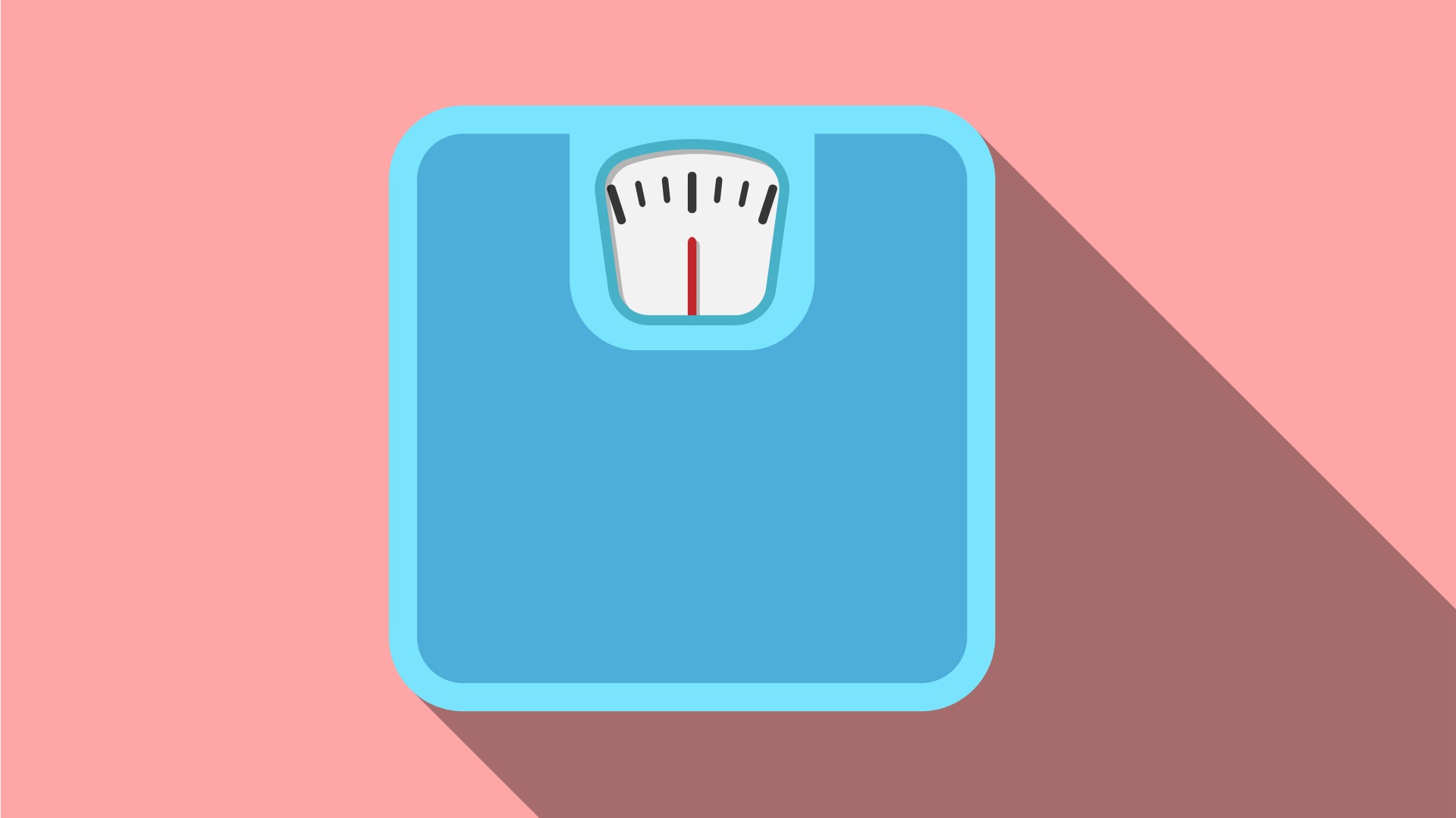Which is worse: being overweight or being ashamed of being overweight? In recent years, some advocates have urged that we take a new approach to obesity. They argue that shame over body size only makes overweight people more anxious, depressed, and prone to disordered eating habits. Some go so far as to argue that obesity isn’t a real problem.
The most rigorous research, however, still identifies obesity (defined as a high body fat percentage) as a risk for many diseases and early death. (It’s worth noting that many of those who downplay obesity receive money from Coca-Cola.) And excess weight isn’t the only problem. People who eat unhealthily and don’t exercise are also at greater risk for diseases like diabetes, even if their metabolism allows them to maintain a normal weight.
But here’s some encouraging news: research suggests that people who change their lifestyle but don’t lose weight (or only lose 5 to 10 percent of it) still reduce their health risks if they maintain those healthy behaviors. And this provides a window of opportunity for local churches.
Christian communities have not always taught a holistic view of what our bodies are for. There’s the oft-noted problem that we rarely preach as fervently about gluttony as we do about sexual immorality. Of course, if browbeating and legalism don’t work for sex, we should hardly try to make them work for food. Instead, church leaders can teach that food and sex are meant to be enjoyed just as much as they are meant to sustain life. As such, both require that we take up disciplines that honor our created limits.
Moreover, local churches can address the issues at the heart of unhealthy relationships with food. Many of us overeat or eat poorly in order to deal with stress or loneliness—which themselves may turn out to be as deadly as smoking. Food is often used to cope with more acute forms of trauma. For example, victims of sexual abuse are much more likely to become obese, as they consciously or unconsciously try to protect themselves by becoming less physically attractive. If food is one of the few pleasures, or sources of protection, a person can count on in the moment, it’s not likely that their behavior will be changed by lectures about the risks of diabetes or heart disease.
Encouraging anyone to take a healthy approach to food, then, involves understanding what emotional needs food currently meets, and finding ways to eat better, together. This can mean providing care (or referrals) for mental health issues large and small; holding each other accountable to keep the Sabbath; and speaking spiritual truth into the pain that many of us carry from our past. All of these suggestions are more helpful than directly or indirectly shaming people about their waist size.
Like many other bad habits, unhealthy eating feeds on isolation. It is much easier to restrain ourselves from overindulging when we share meals. It’s the same with exercise: everyone should do it, regardless of how much they weigh, and it’s often easier to do together. Good eating and regular exercise are about caring for our God-given bodies, not just achieving a certain body type. The thin and not-so-thin can feast together in joy if we are all seeking to eat well.
Our eating habits are rooted in individual motives and decisions, but there are larger forces at work in what we eat. Our preferences for sugar and salt are undoubtedly shaped by the people who make more money when we consume too much of them. A tax on sugary beverages can seem like government intervention gone too far, until you consider that it simply provides a check on the powerful commercial incentives to sell empty calories. And local governments play a crucial role in shaping the neighborhoods we live in. Design decisions at the scale of blocks, towns, and whole cities make a real difference: we will be healthier if we can walk rather than drive more often, and if healthy food is accessible to people who currently can’t afford it.
The key mistake of a technocratic society is to fixate on numbers—pounds, calories, percentages, daily steps—rather than to address the motives and longings of the embodied people behind the numbers. But the body of Christ can hold us accountable, not primarily for the way we look, but for the way we care for our bodies.
Matthew Loftus te aches health workers and practices family medicine in South Sudan with his family (MatthewandMaggie.org).










